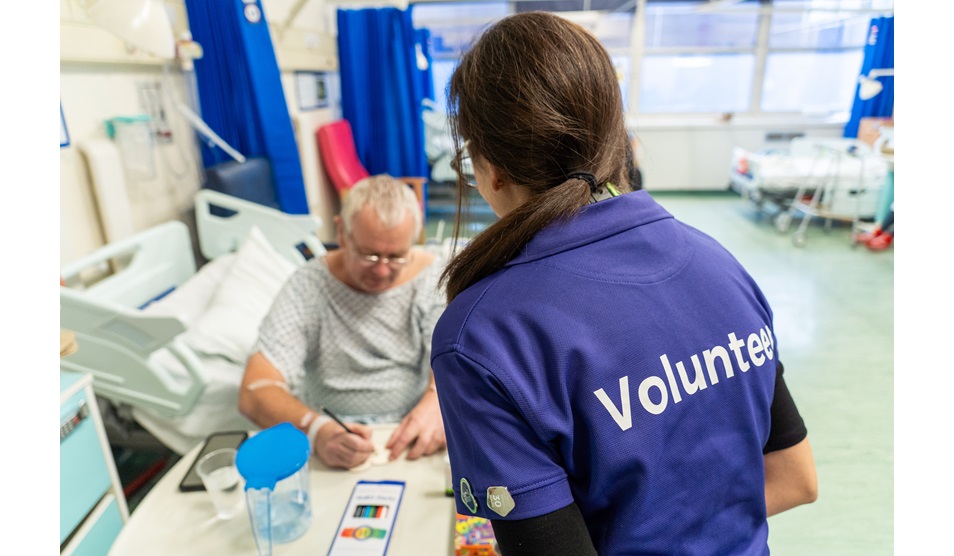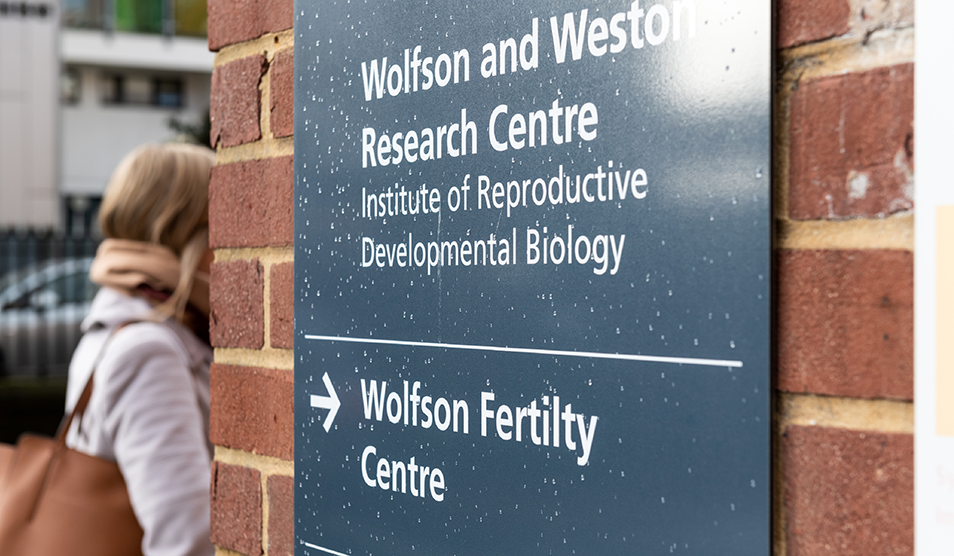New blood test could help doctors identify viral infections more easily
Clinical researchers from the NIHR Imperial Biomedical Research Centre (BRC) have developed a new test which could help doctors to more easily distinguish what kind of infection a patient may have and prescribe effective treatments more quickly.
Currently, when patients arrive in A&E with a suspected infection, it can be very difficult to work out what kind of infection they have – including whether the infection is viral or bacterial. Developing new tests for acute infectious diseases can be challenging because patients generally do not spend enough time in hospital to become enrolled in a clinical trial.
In a paper published this week in The Lancet Microbe, the researchers have identified three specific genes which signal the presence of a virus because they are triggered when a virus infects the body. The new test uses a blood sample to measure levels of the three genes and the pattern tells doctors if the patient has a viral infection. This will allow them to tailor the patient’s treatment more effectively, administer specific tests to identify the type of virus, and avoid prescribing antibiotics for patients who will not benefit from them.
In a pandemic situation, it would also allow doctors to decide earlier which patients to isolate in side rooms and provide an early indication of how many patients might be infected, well before any specific test for a new virus is available.
The new blood test has been developed using samples from the BioAID database, a BRC-supported project which provides access to patient samples that are collected for the purpose of studying acute infection. BioAID is a collaboration between the NIHR Biomedical Research Centres at Imperial College Healthcare NHS Trust, University College London Hospitals, Oxford University Hospitals and University Hospitals Birmingham. Patient samples are taken on arrival in A&E and therefore the database relies on the support of clinical teams in taking blood, as well as the patients and their relatives, who provide consent for samples to be included in the study.
It is hoped that this new test can be rapidly converted to a ‘point of care’ test, which could be conducted when patients arrive in A&E. This could help improve the care of patients arriving with suspected infection and might even be useful in primary care by GPs.
After its initial validation, the new test was validated again, during the Covid-19 pandemic. At times, the BioAID team received more than 200 new samples in a week, compared to just four or five prior to the pandemic. The study showed that the test effectively identified patients with viral infections, including the novel coronavirus.
Senior author of the study Professor Shiranee Sriskandan, an honorary consultant in infectious diseases at Imperial College Healthcare NHS Trust and Professor of infectious diseases at Imperial College London, said: “Currently, if a patient arrives at hospital with a suspected infection, there is no reliable test available that can answer the initial question of whether the infection is likely to be bacterial or viral; tests we relied on previously have been unreliable with COVID-19. Tests also exist for individual infections, such as we have seen extensively used in recent months for Covid-19, but when the nature of the specific infection is unclear, it can be very difficult to narrow down without multiple tests.
“Clearly, if we can identify whether the infection is viral or bacterial in the first instance, we can target individualised treatments more effectively to improve outcomes for patients and ensure those who will not benefit from antibiotics are not receiving them unnecessarily.
“As we plan for future pandemics, the way in which we manage infectious disease will no doubt need to evolve and we hope that by continuing to collaborate with NIHR Biomedical Research Centres across the country, our work will help clinical teams to better manage infections and treat patients more quickly.”
Professor Mahdad Noursadeghi, Chief Investigator of BioAID, which is led by University College London Hospitals said: “The data show that this test performs better than anything else that we currently use to detect an acute viral infection. The technology is moving towards making these measurements available as rapid tests in Emergency Departments, so we know more quickly when we should be thinking about viral infections in people who come to hospital with a fever. This work was made possible by NIHR Biomedical Research Centre funding used to embed research activity in our routine clinical practice. We are hugely grateful to all the patients who participated in the study.”
The National Institute for Health Research (NIHR) is the research partner of the NHS, public health and social care.





